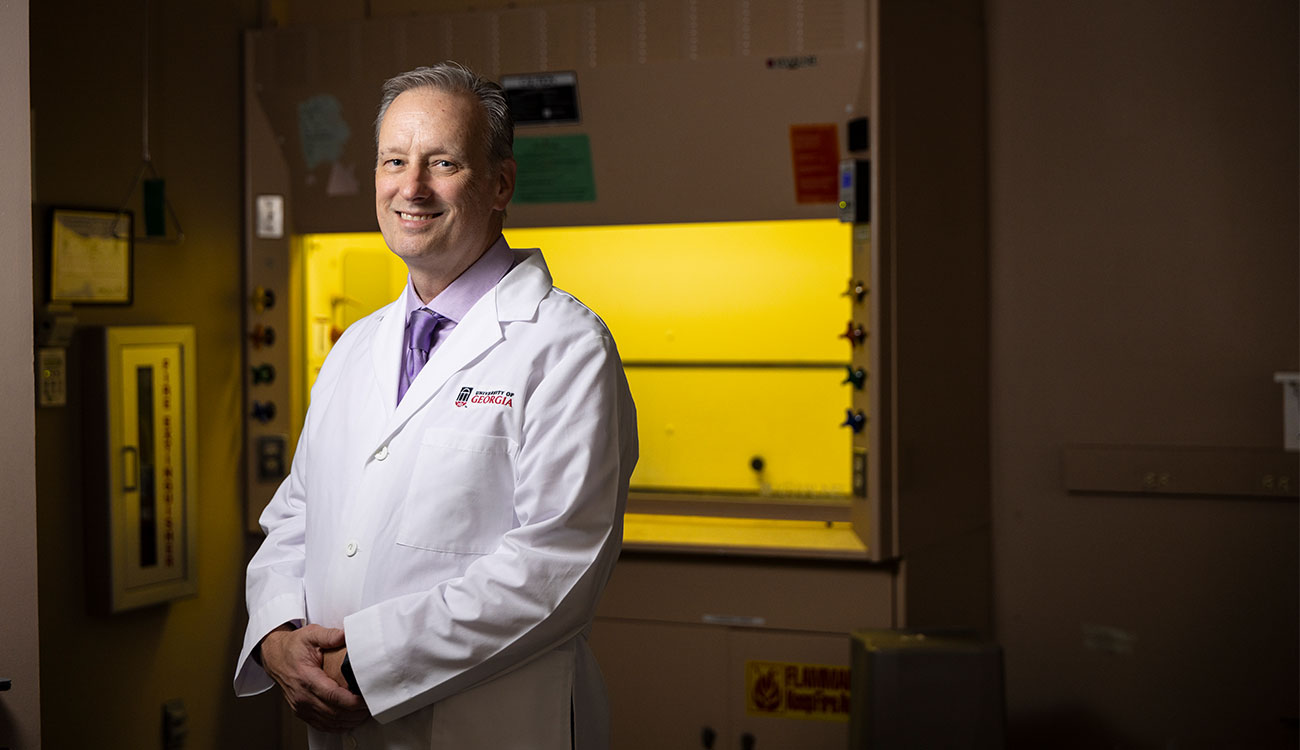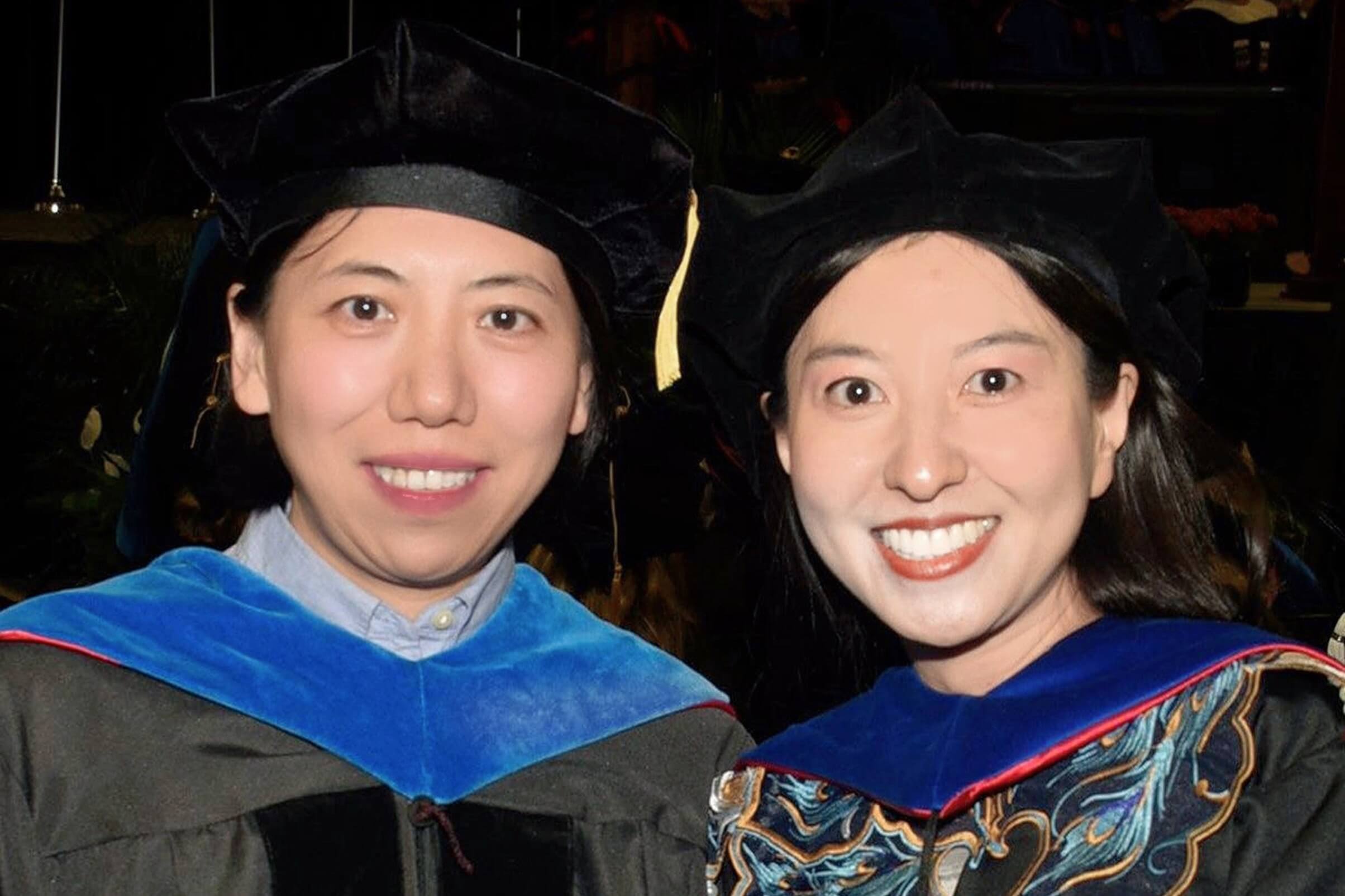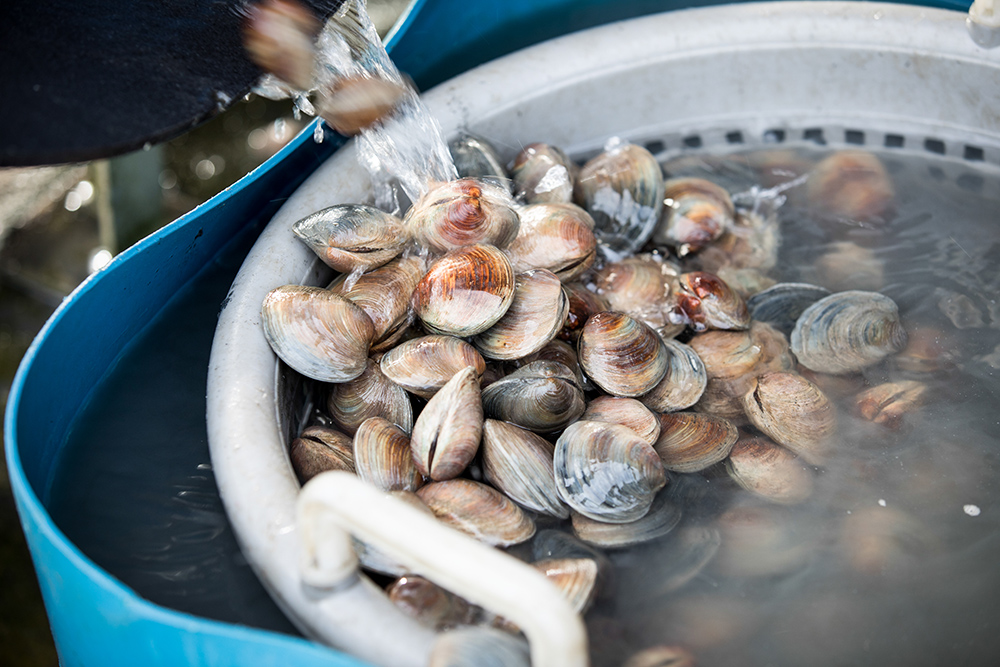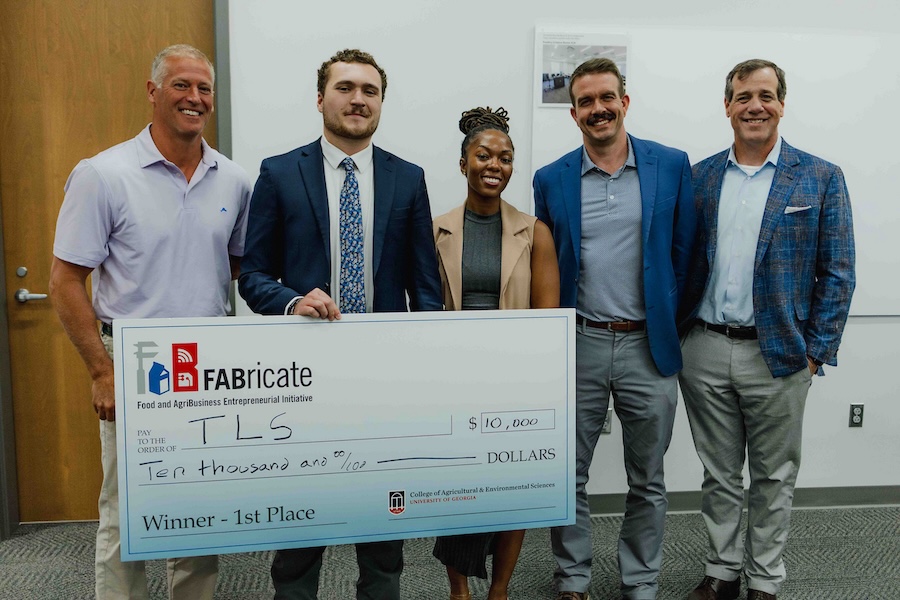 CAES News
CAES News
Innovative neural stem cell therapy for stroke enters new trial phase
The University of Georgia Regenerative Bioscience Center is researching how a novel stem cell therapy can rebuild the brain by enhancing the body’s self-repair system to treat a range of neurodegenerative disorders. “Our goal is to find solutions that can help people immediately. For stroke patients, with our cell therapy advancing through clinical trials, we're trying to make a difference sooner rather than later,” said Steven Stice, director and co-founder of the UGA Regenerative Bioscience Center.




